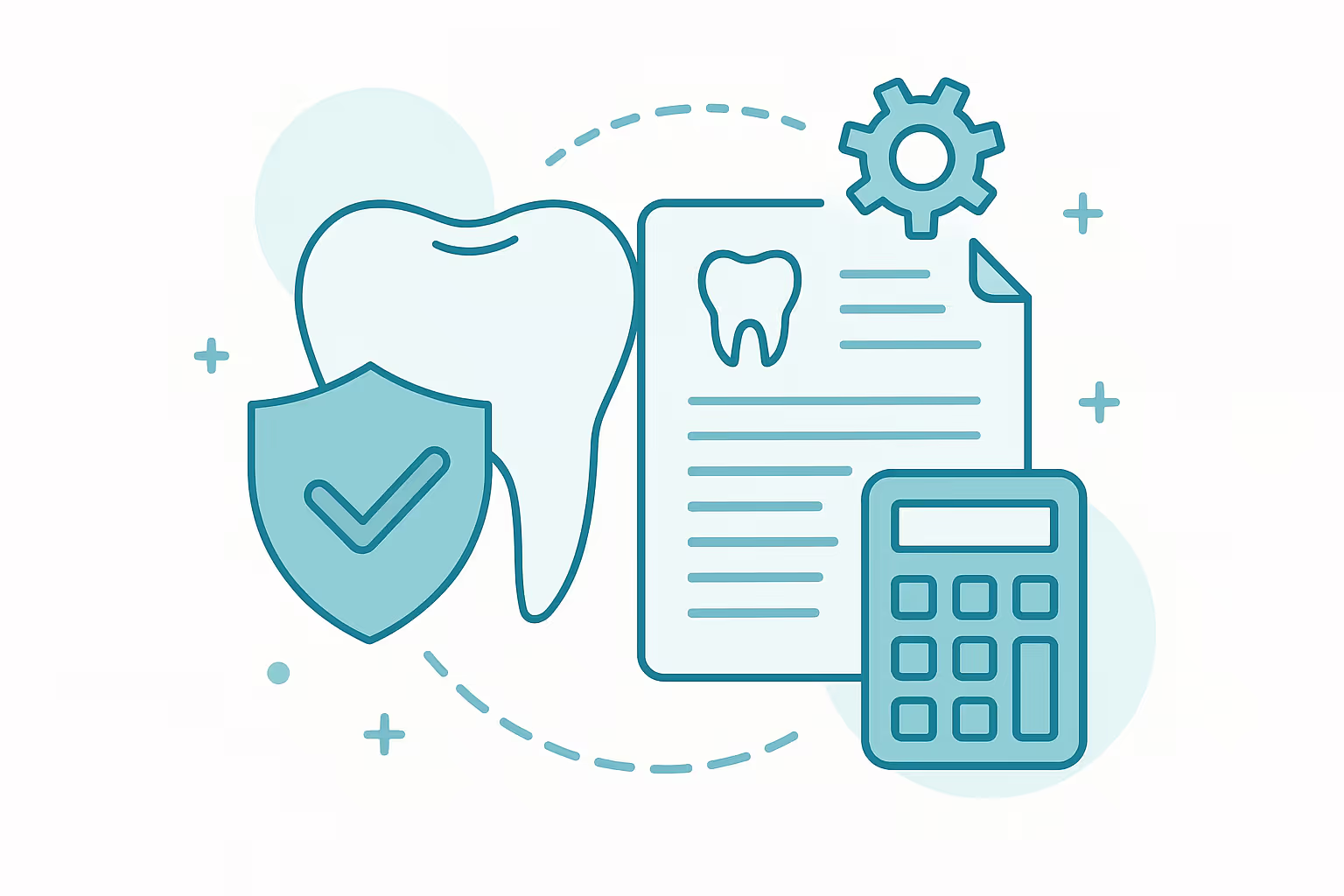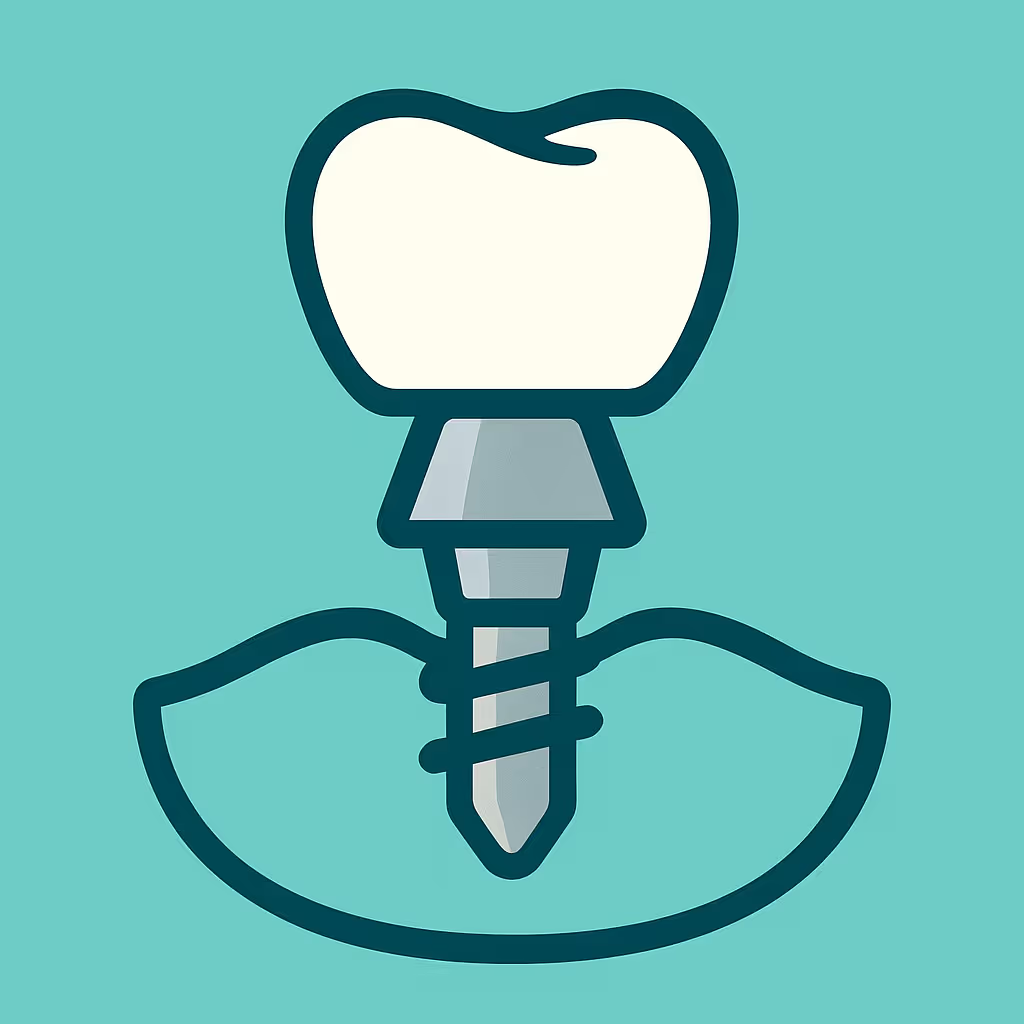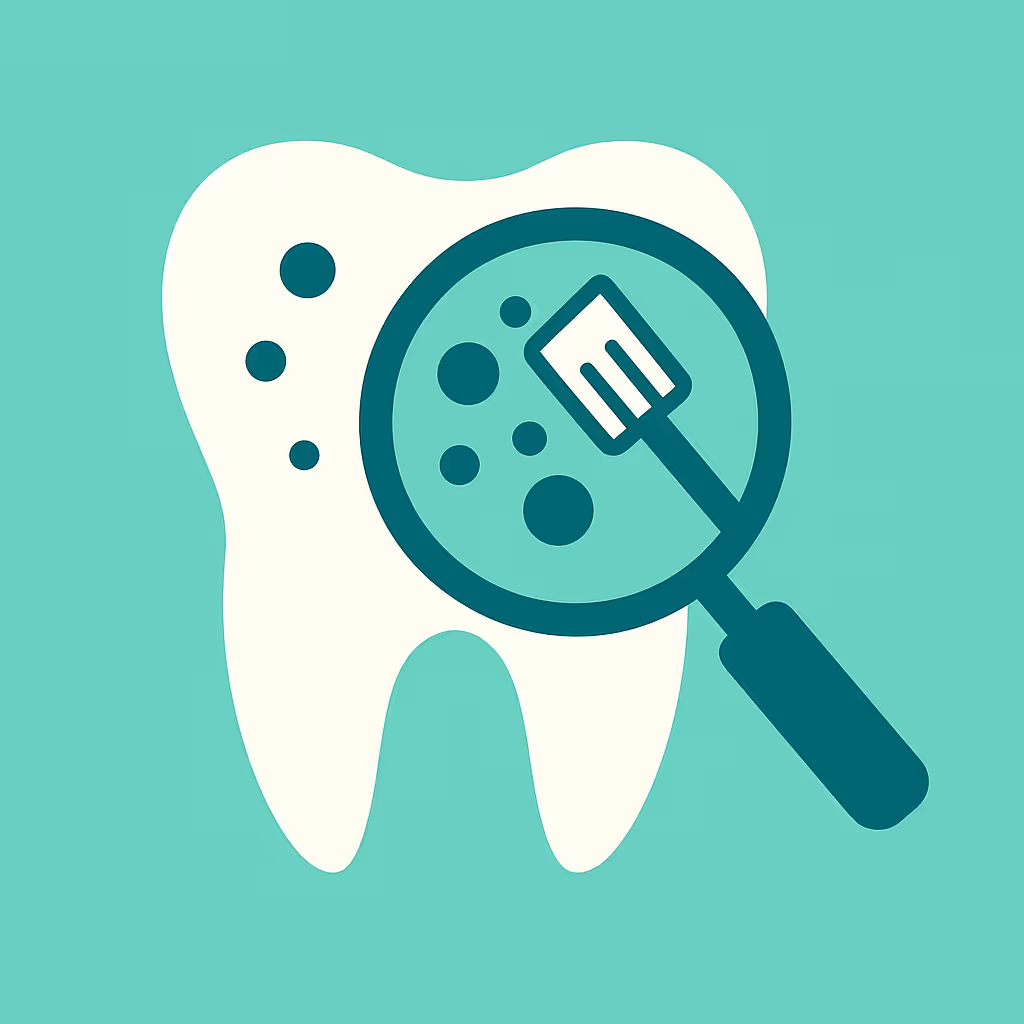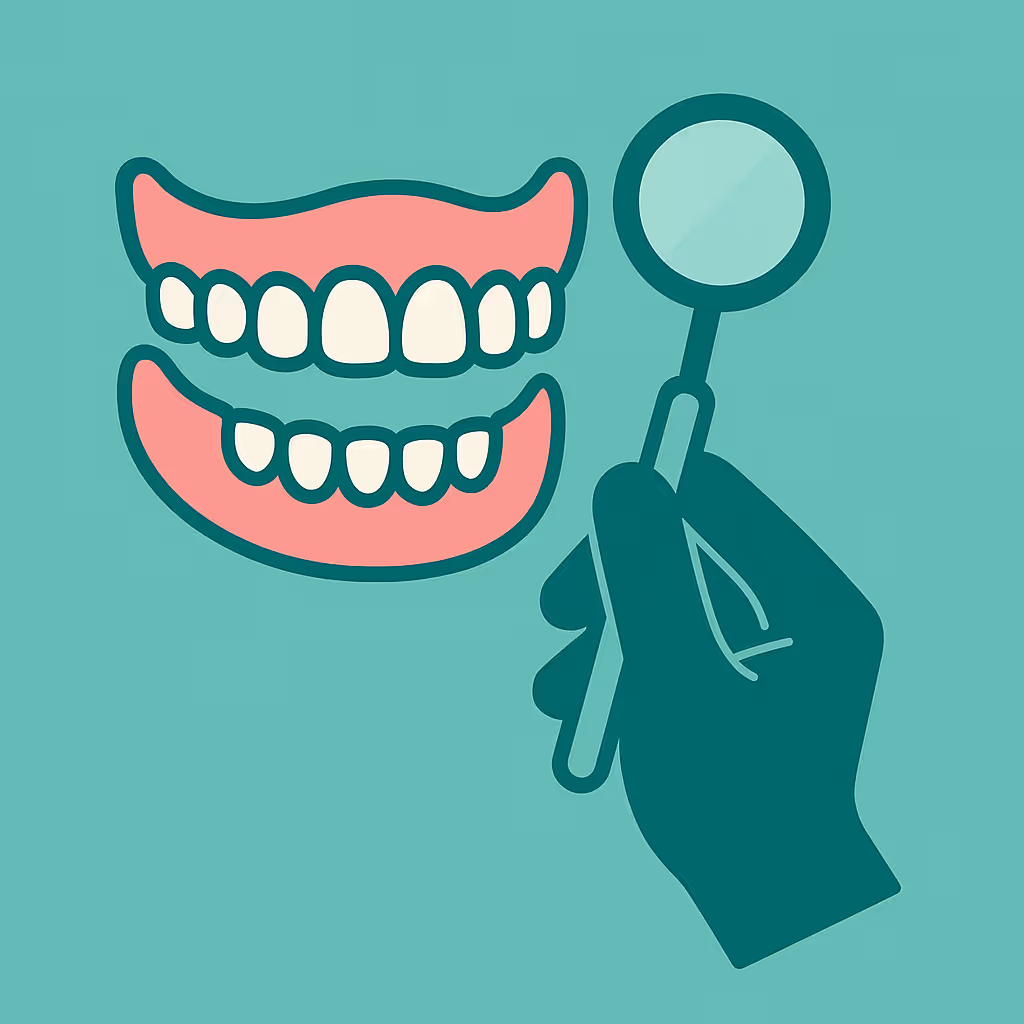Understanding Dental Code D9992
When to Use D9992 dental code
The D9992 dental code is designated for dental case management services, specifically for care coordination. This CDT code is used when dental professionals provide extra assistance to patients who require help navigating complex dental care, such as coordinating appointments, communicating with multiple providers, or managing referrals. D9992 is not for routine scheduling or standard patient communications; it is reserved for situations where the patient’s dental treatment plan involves multiple steps, providers, or requires special attention due to medical, behavioral, or social factors.
Documentation and Clinical Scenarios
Proper documentation is crucial when billing for D9992. The dental team should clearly record the specific case management activities performed, the patient’s unique needs, and the time spent on coordination. Typical scenarios include:
- Arranging care for patients with complex medical histories who need dental and medical provider collaboration.
- Coordinating specialty referrals for patients with disabilities or behavioral health concerns.
- Managing follow-up care for patients with chronic conditions impacting oral health.
Include detailed notes in the patient’s chart, such as the reason for case management, the names of providers contacted, and the outcome of each coordination effort. This level of documentation supports claim validity and streamlines any potential claim appeals.
Insurance Billing Tips
Billing D9992 requires a strategic approach to maximize reimbursement and minimize denials. Here are best practices:
- Verify coverage: Before providing case management services, confirm with the patient’s insurance whether D9992 is a covered benefit. Not all plans recognize this code.
- Submit detailed narratives: Attach a narrative to your claim explaining the necessity and specifics of the case management provided. Include supporting documentation as outlined above.
- Use correct CDT coding: Ensure D9992 is not used in place of other care coordination codes, such as D9991 (addressing motivational interviewing) or D9993 (care coordination for patients with medical conditions).
- Track EOBs and AR: Monitor Explanation of Benefits (EOBs) for payment or denial reasons, and follow up promptly on Accounts Receivable (AR) to resolve any issues.
If a claim is denied, review the EOB for denial codes, update documentation if needed, and submit a claim appeal with additional supporting information.
Example Case for D9992
Consider a patient with a developmental disability who requires sedation dentistry and coordination between the general dentist, oral surgeon, and anesthesiologist. The dental office spends significant time arranging appointments, communicating with each provider, and ensuring the patient’s medical needs are addressed. The office documents each step, the time spent, and the necessity for this level of coordination. When submitting the claim, the office includes a detailed narrative and supporting documentation, resulting in successful reimbursement for D9992.
By understanding and properly utilizing the D9992 dental code, dental practices can ensure appropriate compensation for the extra work involved in complex case management, while delivering comprehensive care to patients who need it most.





